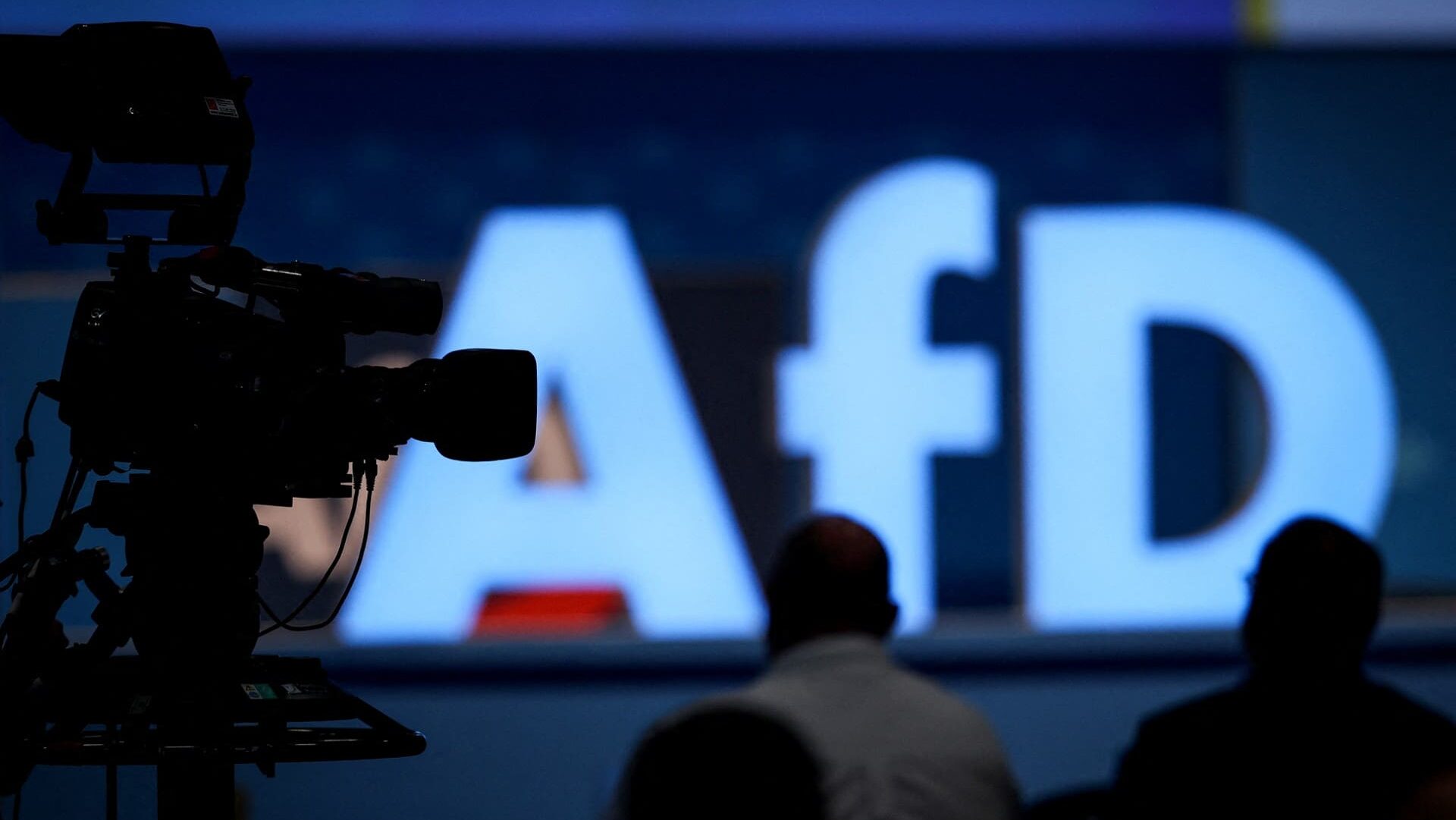
Photo: Ronny Hartmann / AFP
After being rejected by the group’s leadership again last week, the German Alternative für Deutschland (AfD) has finally given up on its main goal of re-entering the Identity and Democracy (ID) group and has begun forging its own parliamentary bloc with other non-aligned right-wing formations.
Despite doing its best to distance itself from its scandal-ridden former MEP Maximilian Krah, whose remarks about SS-members during World War II was the primary reason the Marine Le Pen-led ID suspended the party’s membership, AfD seems to have no other option than to form its own political family in the European Parliament together with smaller, left-over delegations, which will undoubtedly position them even further to the right than ECR and ID.
Negotiations with prospective new partners are actively ongoing at the time of writing, a high-ranking AfD official confirmed to The European Conservative, but they are still far from having a final composition.
In order to form a new bloc in the European Parliament, one would need at least 23 MEPs from seven different countries. AfD has 15 seats already, meaning it would need six delegations to contribute 8 more seats between them. It’s far from impossible, but not an easy task either, to find that many parties who are willing to work together.
Not that there is no motivation; being left without a group means significantly less representation, resources, and money for the next five years. The group will surely be put under a cordon sanitaire as soon as it forms, so they need every help they can get.
According to reports, AfD’s new allies might include the Bulgarian Revival (V)—the one that was the first to pitch the idea to the Germans a few weeks ago—Se Acabó La Fiesta (SALF, ‘The Party is Over’) from Spain, SOS Romania, the Slovakian Hnutie Republika (Republic Movement), NIKH from Greece, Mi Hazánk Mozgalom (Our Homeland Movement) from Hungary and the Polish Konfederacjia.
These parties already have 18 seats between them, which, combined with AfD’s 15, would put the new group well over the required threshold. The second largest would be the Polish delegation with 6 seats, followed by the Spanish and Bulgarian with three MEPs each.
Demonstrating how difficult it can be to negotiate between so many parties, another inside source told us that the AfD encountered “commercial pressure” from certain Bavarian companies that are in good relationship with the Hungarian government to exclude Our Homeland (MH), an opposition party to the ruling Fidesz.
That seems to be resolved now, the AfD official said, after it was clear that the Our Homeland MEP, (a historian and university professor) is not officially a member of the party, but merely ran as their lead candidate for the EP election.
Back when the negotiations did not yet include AfD, the working name of the group was Vera Europa, Latin for ‘True Europe.’ Now the AfD source told us there is no consensus on the group’s name, with several ideas floating around. But the composition needs to be decided first, and then they can discuss other formalities.
While some in the AfD still hope that there is a slight chance of getting back into ID after the French elections conclude on July 7th, the Germans are not in a position to wait around so long, lest they risk losing their potential new allies as well.
